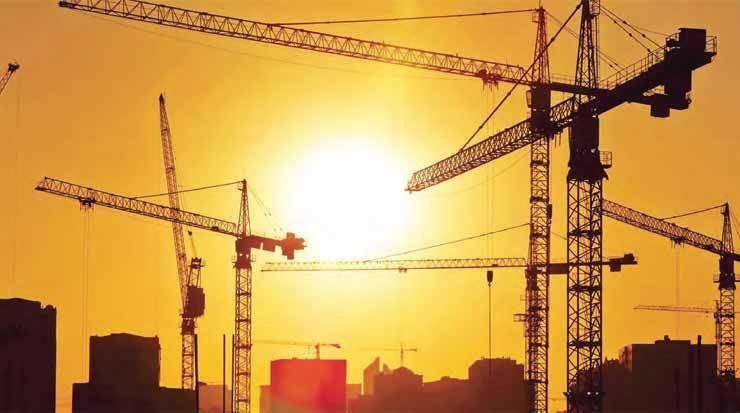The amount associated with tourism-related projects continues to rise year after year, with WTTC reporting investments worth USD1.8 billion in 2015 – still representing only 2.2 percent of the total sum –, up from USD1.6 billion in 2014.
By focussing on areas in which the country has a competitive edge against other regional destinations, such as culture, urban experiences and MICE, Qatar aims to lure high volumes of business travellers, Arab tourists and families, wealthy globe-trotters as well as authentic discoverers.
As Turner revealed, although the largest source market for InterContinental Doha remains the GCC, the hotel welcomes visitors from all around the world.
“The development of the country’s infrastructure and increased visitor attractions will undoubtedly support the tourism sector. With new attractions, an enhanced transportation system along with a greater accommodation offering, Qatar will be an appealing destination to a wide global audience,” suggested Turner.
Improving infrastructure and public transportation is high on the agenda with the USD17.8 billion Doha Metro project representing a prominent part of the wider scheme.
The first phase of the development, which will include 86km of tracks and 37 stations, is due for completion in 2020 and by 2021, Qatar Rail expects to offer 630,000 passenger trips per day.
According to Qatar Rail, 90 percent of overall tunnelling of the tube, meaning over 100km, marking the completion of 41 percent of the entire venture, had been completed by the end of May.
“We expect Doha Metro to have a transformational effect on the nation, better connecting our communities with a sustainable and environmentally friendly transportation solution,” explained Saad Al Muhannadi, CEO, Qatar Rail By 2030, all three major networks, including Doha Metro, Lusail Tram as well as the long-distance rail, which is being constructed to connect the state with other GCC countries, are expected to be complete, significantly enhancing transportation links, and giving a notable boost to the Qatari tourism sector.
“Residents will appreciate the reduction in traffic, travel times and urban congestion, and the ease of movement from suburban communities to the city centre,” said Fehlbier, highlighting how these developments will help visitors reach a range of attractions and activities, many of which are planned for the coming years.
“All of these facilities and transportation networks are representative of modern urban centres and will further enhance Qatar’s reputation as a thriving metropolis for business, lifestyle and tourism,” stressed Fehlbier.
The New Port Project is yet another jewel in the myriad of initiatives currently underway in Qatar. Spanning an area of 26.5km2, the QAR27 billion (USD7.42 billion) mega development includes a new port, a base of the Qatari Emiri Naval Forces as well as the Qatar Economic Zone 3.
Early operations already began at Hamad Port in December 2015, and once fully operational, the new location is set to give a major boost to the state’s cruise segment and its wider tourism industry.
Deadlines are very much structured around the country’s 2022 FIFA World Cup, hailed as one of the largest events in the state’s history yet.
The first Middle Eastern county to host one of the most-watched events globally, Qatar is investing some USD6.5 billion in stadiums only, in order to amaze the world and further strengthen the destination’s reputation.









